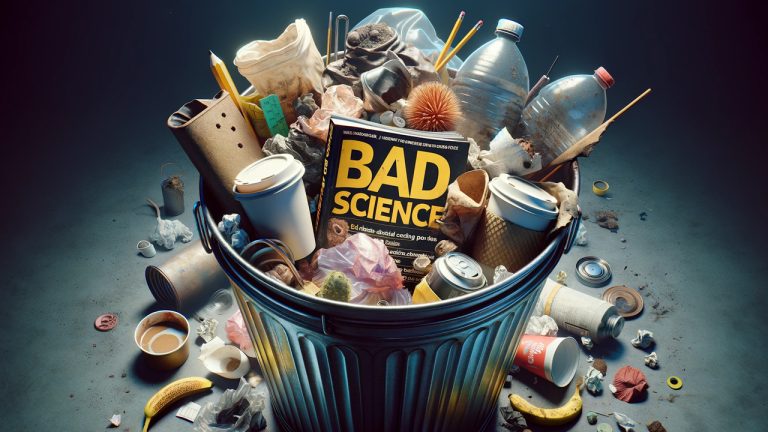On January 8, 2024, a New Scientist article sparked debate by questioning whether countries should consider banning Bitcoin due to its environmental impact. This editorial received significant criticism from numerous Bitcoin supporters. Environmental, social and governance (ESG) expert Daniel Batten sharply criticized the article, labeling it “bad science, not new science” and accusing it of using “widely unreliable methodology.”
Experts criticize new scientist’s editorial for misrepresenting Bitcoin’s environmental impact.
Numerous Bitcoin enthusiasts expressed their displeasure with a recent New Scientist editorial published on Monday. This article by Matthew Sparkes discusses whether countries should ban Bitcoin (BTC) due to its energy-intensive mining practices. Sparkes claims that BTC miners are “taking no action to curb the cryptocurrency’s energy and water use,” despite many miners utilizing renewable energy sources and reducing flare gas emissions to mine the digital currency.

Sparkes notes that “some activists” advocate government intervention in the issue. The writer also cites efforts to contact seven different Bitcoin mining companies and the Bitcoin Mining Council to get their perspectives, noting that none of these companies responded to interview requests. However, Sparkes succeeded in cooperating with some “campaigners” supporting government intervention, including Alex de Vries.
De Vries, who was previously associated with Dutch central bank De Nederlandsche Bank NV (DNB), has been accused by Bitcoin advocates of holding data that conveys extreme bias and inaccuracies about the Bitcoin network’s energy use. It is often considered The New Scientist article was not well-received on social media platform X (formerly Twitter), where cryptocurrency supporters shared their opinions on the topic. Nic Carter wrote on the New Scientist social media account: “This is false as a reminder.”
Carter shared another tweet referencing the article:
Community Note Crowd – This is false. The (actual) number is 50bps, not 70 (not a huge difference, but still (a) 40% overestimate). Bitcoin consumption: 153 TWh/year (CBECI); 157TWh/year (CM). Global power generation in 2022: 29,000 TWh. 153/29000 = 0.53%.
ESG analyst Daniel Batten agreed. “This is not new science, this is bad science,” Batten said. “This is two-year-old data that has been fundamentally altered without taking into account positive externalities, using widely discredited methodologies,” he said. “This is a retreat position that not even 25 of Greenpeace’s 26 branches have taken,” said another person in response to Baton’s remarks, adding, “That’s accurate. Surprisingly bad article. Sparkes is patently disingenuous and the article is anti-scientific.”
Like much of modern science, the New Scientist article sparked skepticism about how modern scientists and academic elites have tarnished the reputation of science and attempted to persuade the general public that 2+2 equals 5. One Bitcoin user stated: They were blocked by Sparkes, the author of the New Scientist article, simply for inquiring about the topic. According to reports, the New Scientist author deleted His X account does not exist on X at the time of writing.
What do you think about the criticism of the New Scientist article? Share your thoughts and opinions on this topic in the comments section below.
Source: Bitcoin.com

